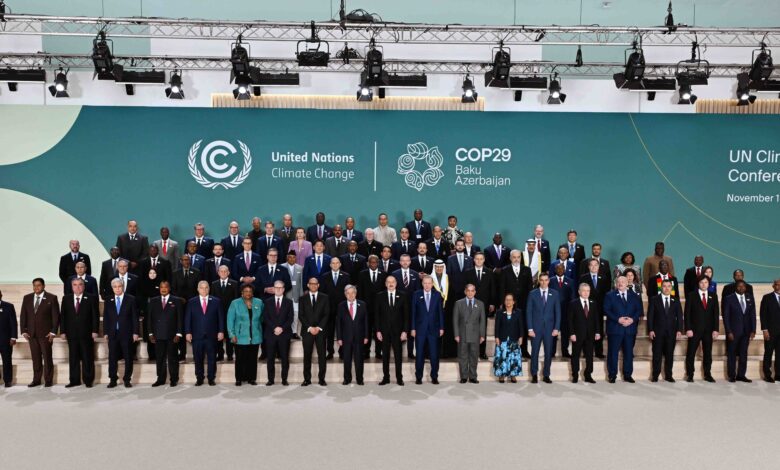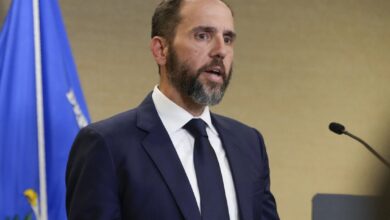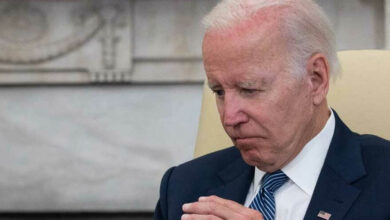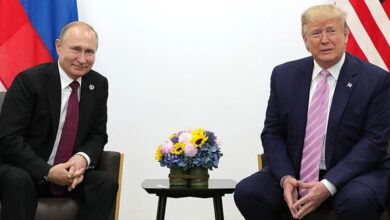
In a significant development for global climate action, a deal was reached at the United Nations COP29 summit held in Azerbaijan, following a tense negotiation process that nearly resulted in a collapse of discussions. This agreement, which promises substantial financial support for developing nations, aims to address the urgent need for climate action in the face of escalating environmental challenges.
Background of the Summit
The COP29 summit, part of the ongoing series of annual climate conferences, serves as a critical platform for nations to negotiate and implement strategies to combat climate change. This year’s summit was particularly crucial, as it was set against the backdrop of a year projected to be one of the hottest on record. The urgency of the situation was palpable, with many nations expressing frustration over the slow pace of progress in addressing climate issues.
Key Elements of the Agreement
The newly forged climate deal includes several pivotal components designed to enhance global efforts in mitigating climate change:
- Financial Commitment: The agreement includes a commitment of $300 billion annually to support developing countries. This funding is intended to assist these nations in transitioning away from fossil fuels, such as coal, oil, and gas, which are major contributors to greenhouse gas emissions.
- Support for Vulnerable Nations: The deal specifically addresses the needs of poorer nations, which often bear the brunt of climate impacts despite contributing the least to the problem. The financial support is aimed at enabling these countries to implement sustainable practices and adapt to changing environmental conditions.
- Global Collaboration: The agreement emphasizes the importance of international cooperation in tackling climate change. It encourages nations to work together across sectors to share technology, resources, and best practices.
- Monitoring and Accountability: To ensure that commitments are met, the deal includes mechanisms for monitoring progress and holding nations accountable for their climate actions.
Reactions to the Agreement
While the deal has been hailed as a necessary step forward, reactions have been mixed. Many representatives from developing nations have expressed skepticism, arguing that the financial commitments, while substantial, may not be sufficient to meet the urgent needs of their countries. Critics have pointed out that the agreement may be perceived as “too little, too late,” given the severity of the climate crisis.
Furthermore, environmental advocates have called for more aggressive measures to reduce emissions and promote renewable energy sources. They argue that the current commitments do not go far enough in addressing the root causes of climate change.
Conclusion
The successful negotiation of this climate deal at COP29 represents a critical moment in the global fight against climate change. While it provides a framework for financial support and international collaboration, the effectiveness of this agreement will ultimately depend on the commitment of nations to follow through on their promises. As the world grapples with the realities of climate change, the need for decisive and immediate action has never been more pressing. The coming years will be crucial in determining whether this agreement can translate into meaningful progress in safeguarding the planet for future generations.




